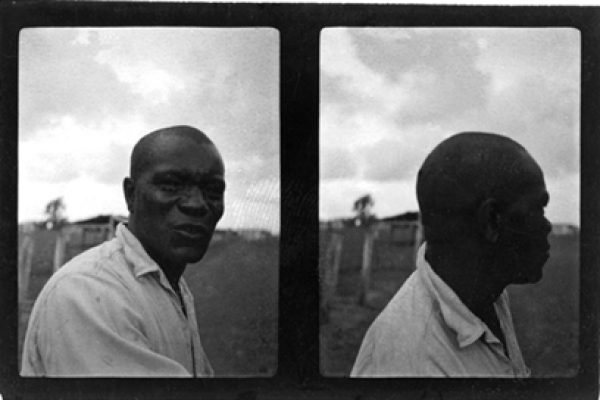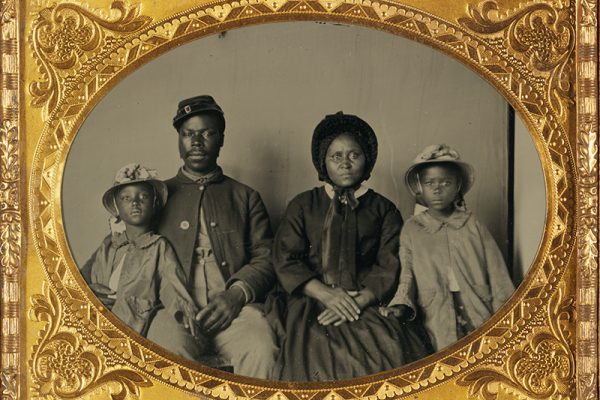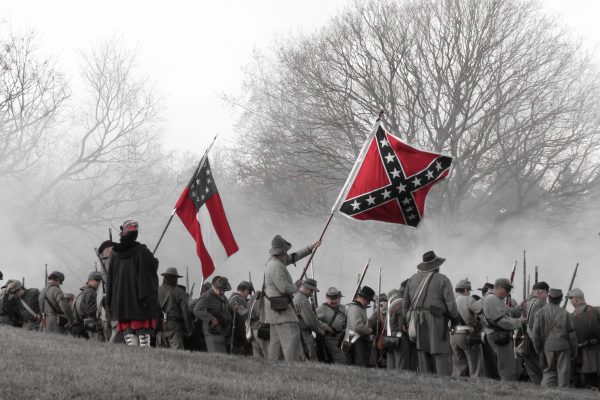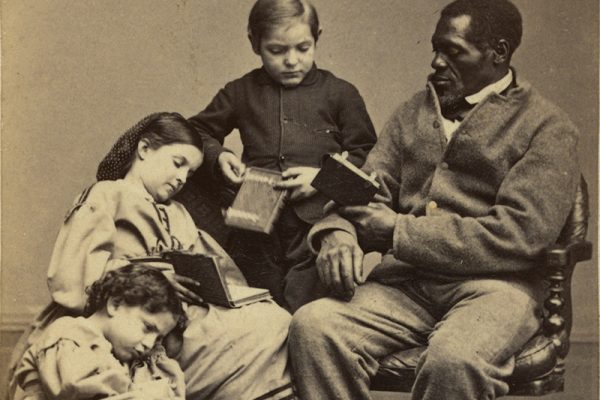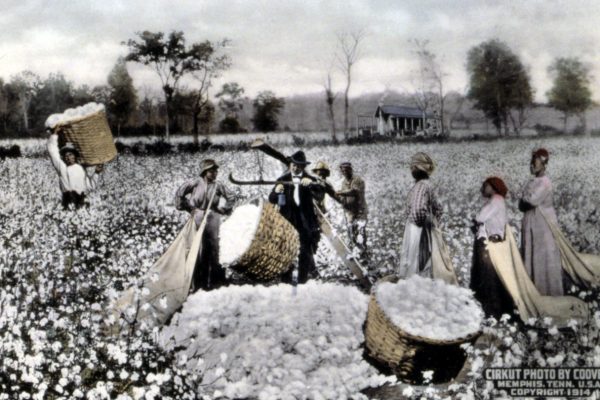Yesterday Biden made history as he signed a bill making Juneteenth a federal holiday. But with renewed media attention on both the holiday and slavery more generally, we would do well to heed historian Walter Johnson’s words of caution: “It is a commonplace to say that slavery ‘dehumanized’ enslaved people, but to do so is misleading and worth resisting.”
In the lead forum essay from our first relaunched issue four years ago, Johnson notes that while there are plenty of right-minded reasons for adopting the notion of “dehumanization,” it is ultimately harmful as it “suggests that the humanity of enslaved people needs to be proven.” Using Cedric Robinson as his guide, Johnson goes on to argue that we should use the history of slavery as the source rather than the subject of knowledge, and asks how this approach might shape our notion of justice today. With responses from Donna Murch, Peter Linebaugh, Peter James Hudson, Manisha Sinha, N. D. B. Connolly, and more, it remains Boston Review’s most popular forum.
The remaining essays in today’s Juneteenth special form a rich and varied list. From the history of a popular folk song, to the history of the Fourteenth Amendment, to the history of modern business management, the pieces below investigate how slavery’s cultural, political, and economic legacies still impact us today.
The expansion of banks such as Citigroup into Cuba, Haiti, and beyond reveal a story of capitalism built on blood, labor, and racial lines.
Slavery and the Civil War were central to the development of photography as both a technology and an art.
While the United States has expanded its borders of inclusion over time, the borders of whiteness have never fallen. Only a robust black public sphere can change that.
The New York Times’s new 1619 Project argues fiercely for a new understanding of what it means to believe in America—and it is cracking the very foundations of conservatism.
Critics of the 1619 Project obscure a longstanding debate within the field of U.S. history over the antislavery implications of the American Revolution.
The Fourteenth Amendment was shaped by freed blacks’ insistence that everyone born in the United States deserved full citizenship.
Recent histories of slavery and capitalism ignore radical black scholarship.

